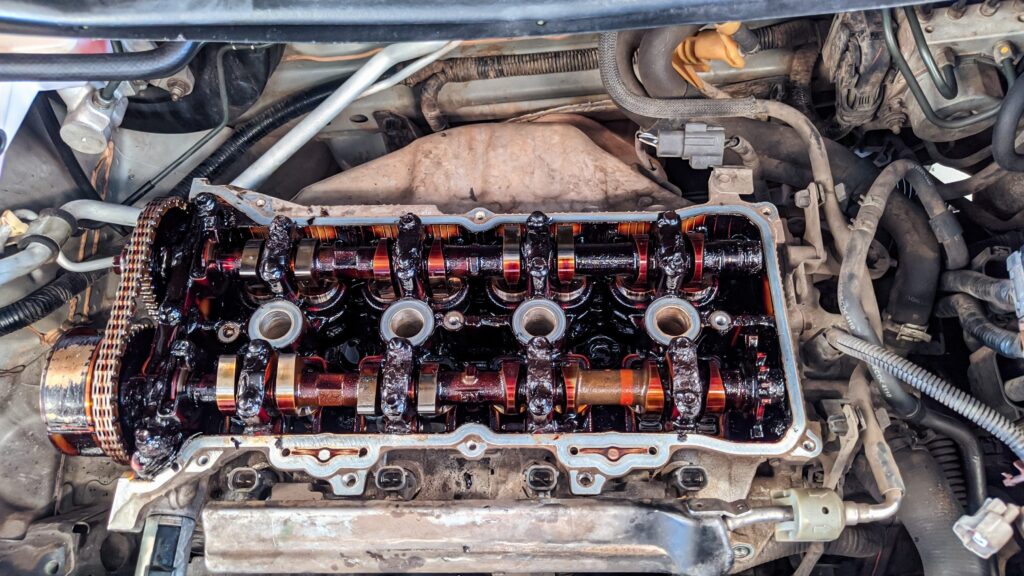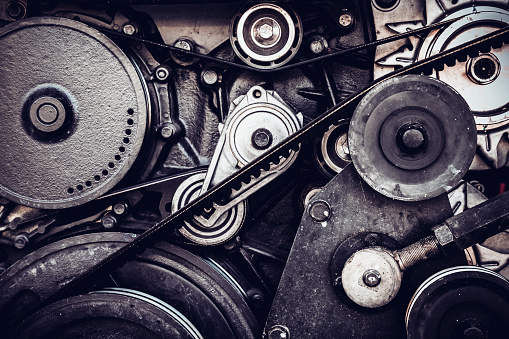
Engine sludge is a byproduct of engine oil oxidation and can destroy your car’s engine. When the engine’s oil breaks down, a tar-like substance forms. It is caused by heat, contaminants and failure to change the oil at regular intervals. This sludgy mess causes friction, overheating and eventually, engine seizure.
Preventing engine sludge is far more manageable than curing it. Regular oil changes with high-quality oil, adhering to manufacturer-recommended maintenance schedules, and ensuring proper engine operation can significantly reduce the risk of sludge formation. It is a straightforward yet powerful approach to safeguarding the heart of your vehicle.
Premium Filters Go the Extra Mile
Cars that indicate when to change the oil use a software system. It can’t detect the condition of the oil. It is a mathematical formula that guesstimates. The owner’s manual is generic or “one size fits all.” Manufacturers can’t produce a separate manual based on each driver’s situation or environment. How often you need to have your car serviced depends greatly on you.
- Oil isn’t the problem. It is the dirt and debris that gets into it.
- Today’s engines have smaller passages, so we need to keep the dirt and/or sludge out.
The Filter’s Role
Regular filters are smaller now than they used to be. If sludge develops it crushes the filter and stresses the engine. Imagine using the same coffee filter and grounds for one month. You still get coffee, but the chemistry has changed.
The Oil’s Role
One important element in keeping our vehicles efficient is not to run them even a quart low on oil. A 25% decrease in oil equals a 33% increase in contaminants. With plenty of hot weather on the way it can seriously impair the cooling system. If you use your vehicle to tow, it is extremely important not to run low on oil.
Synthetic oils, for example, are designed to resist high temperatures and oxidation, making them less prone to sludge formation. Regularly checking and changing your oil, according to your vehicle’s specific needs and the manufacturer’s guidelines, is crucial in this battle against sludge.
Early Detection
Early detection of engine sludge is vital. Automotive technicians can tell when sludge is forming. They can recommend a solution to rid your vehicle of the dreaded sludge. Sometimes, an engine flush might be necessary to remove sludge deposits, followed by a fresh oil change to restore the engine to its optimal state.
Keep in Mind
Understanding what causes engine sludge, its impacts, and prevention strategies, you can ensure that this unwelcome substance doesn’t stay in your vehicle’s engine. Regular maintenance is not just routine; it is protection against the destructive force of engine sludge.


